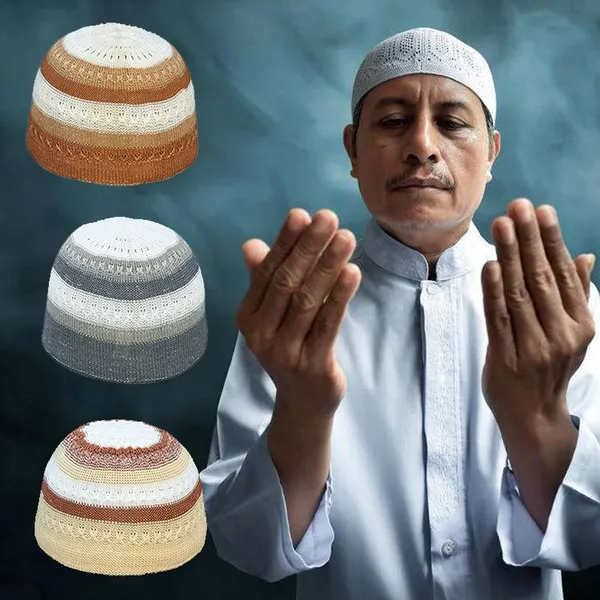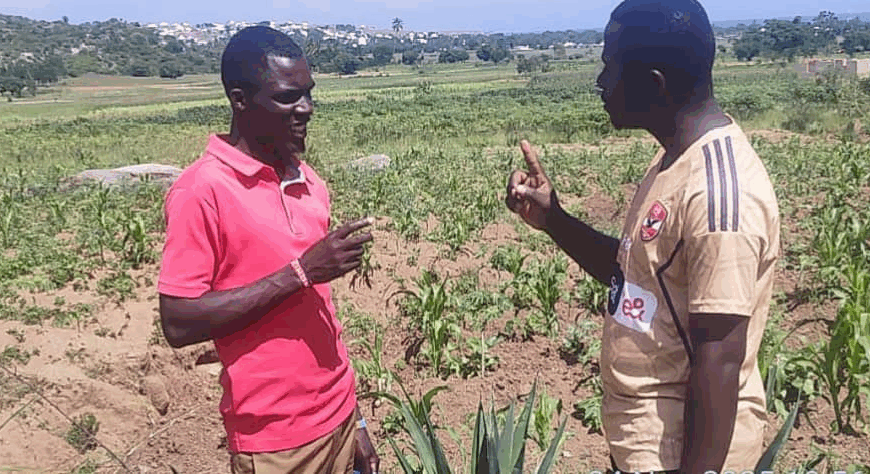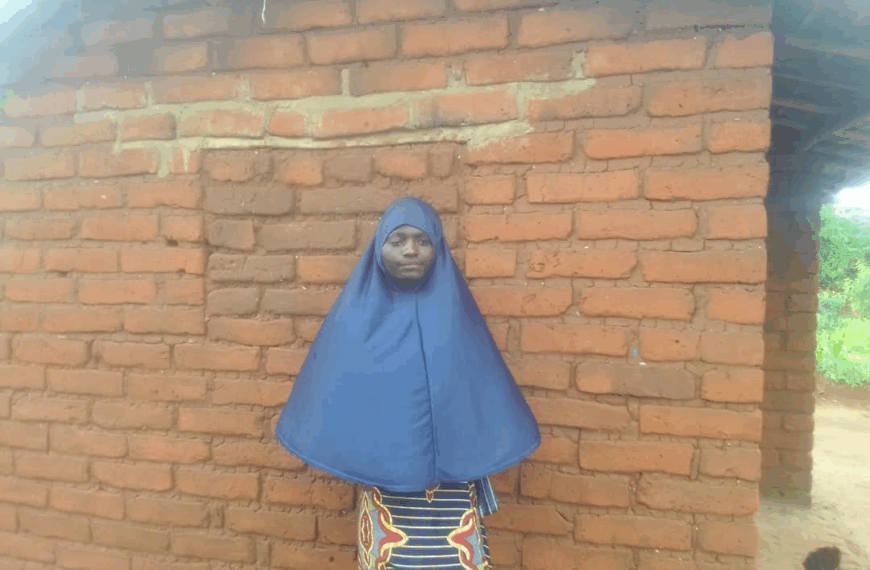In Islam, clothing transcends mere fashion; it serves as a powerful symbol of faith, modesty, and cultural identity. For both women and men, adhering to Islamic dress code is not just a religious obligation but also a way to express their devotion to Allah and connect with their community. The hijab, a headscarf worn by Muslim women, and the Kufis, a cap worn by Muslim men, are not only garments but also emblems of faith that can spark curiosity and inspire dialogue, leading others to discover the beauty of Islam.

🚶♂️🌟 A Striking Figure: A Duat’s Journey in Tanzania 🌟🇹🇿
In the heart of Tanzania, a young duat (Islamic preacher) from iERA, an organization dedicated to spreading Islamic knowledge, found himself on a mission to share the message of Islam. Dressed in his traditional kufis and thobe, he embarked on a journey through the outskirts of the Mbeya region, visiting villages and engaging with the local communities.
👀❓ Curiosity and Inquiry: A Conversation Begins ❓👀
His attire, a symbol of his faith and commitment to Islam, caught the eye of a curious passerby. Intrigued by the young man’s modest dress and serene demeanor, the individual approached him, eager to learn more about his beliefs and the significance of his clothing.
🗣️🤲 Sharing Islam: A Dialogue of Discovery 🤲🗣️
The duat, with his warm smile and open heart, welcomed the conversation. He explained the importance of Islamic dress code, emphasizing the values of modesty, humility, and respect it represents. He spoke about the teachings of Islam, its emphasis on compassion, kindness, and the oneness of God.
🤝🕌 An Invitation to Learn: iERA’s Dawah Classes 🕌🤝
As the conversation deepened, the duat learned that iERA was conducting Dawah classes in the village, offering a safe and welcoming space for individuals to learn about Islam. Recognizing the individual’s genuine interest, he extended a warm invitation to join the ongoing classes.
📚🌱 Nurturing Faith: Learning and Growth 🌱📚
The individual eagerly accepted the invitation and began attending the Dawah classes. There, they delved into the Quran, the holy book of Islam, and learned about the Prophet Muhammad’s (peace be upon him) life and teachings. They discovered the five pillars of Islam – Shahada (declaration of faith), Salat (prayer), Zakat (charity), Sawm (fasting), and Hajj (pilgrimage) – and how they form the foundation of a Muslim’s life.
❤️🤲 Embracing Islam: A Transformative Journey 🤲❤️
Through the Dawah classes and the support of the iERA duats, the individual’s understanding of Islam deepened, and their heart opened to its message of peace, love, and submission to God. He made the life-changing decision to embrace Islam, finding solace, guidance, and a sense of belonging in their newfound faith.
🌍🕌 iERA’s Impact in Tanzania 🕌🇹🇿
The story of this individual is just one of many that showcase the transformative power of Islamic outreach in Tanzania. iERA continues to conduct Dawah classes across the country, reaching out to communities and sharing the message of Islam. Through education, dialogue, and compassion, we are fostering understanding, building bridges, and empowering individuals to embrace a faith that brings peace, purpose, and fulfillment.
Be a part of this noble cause by supporting iERA’s dawah activities across Africa and the world. Your donations will help us continue our work of spreading knowledge, fostering dialogue, and empowering communities.
👉 Visit iera.org to donate and learn more about how you can make a difference.





